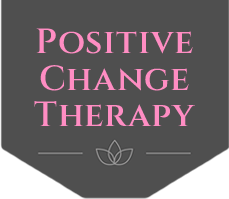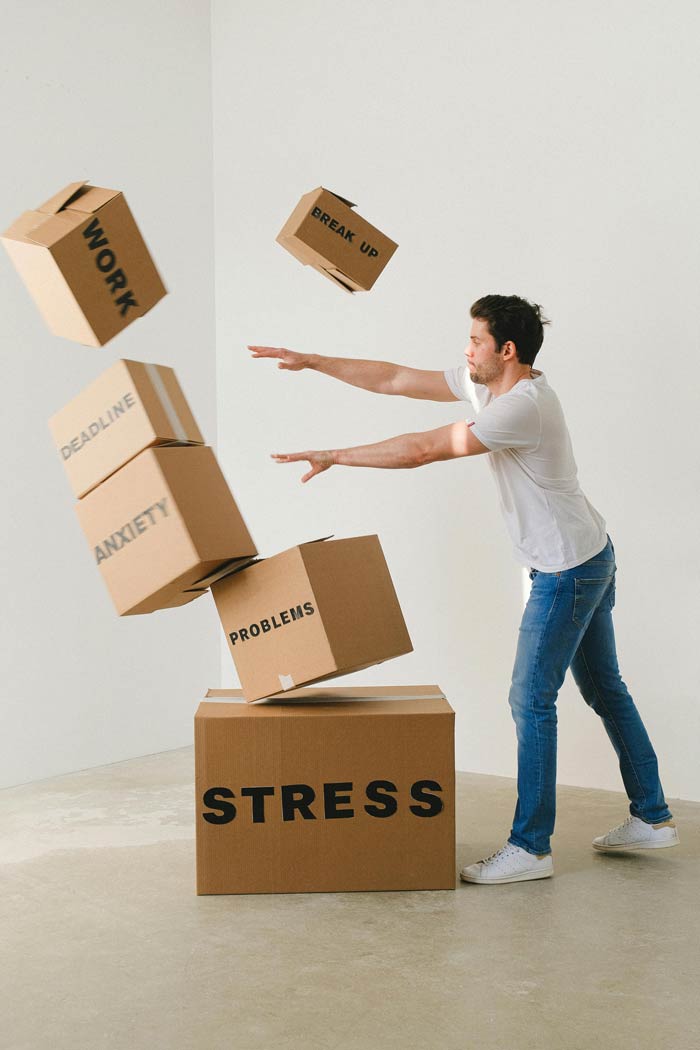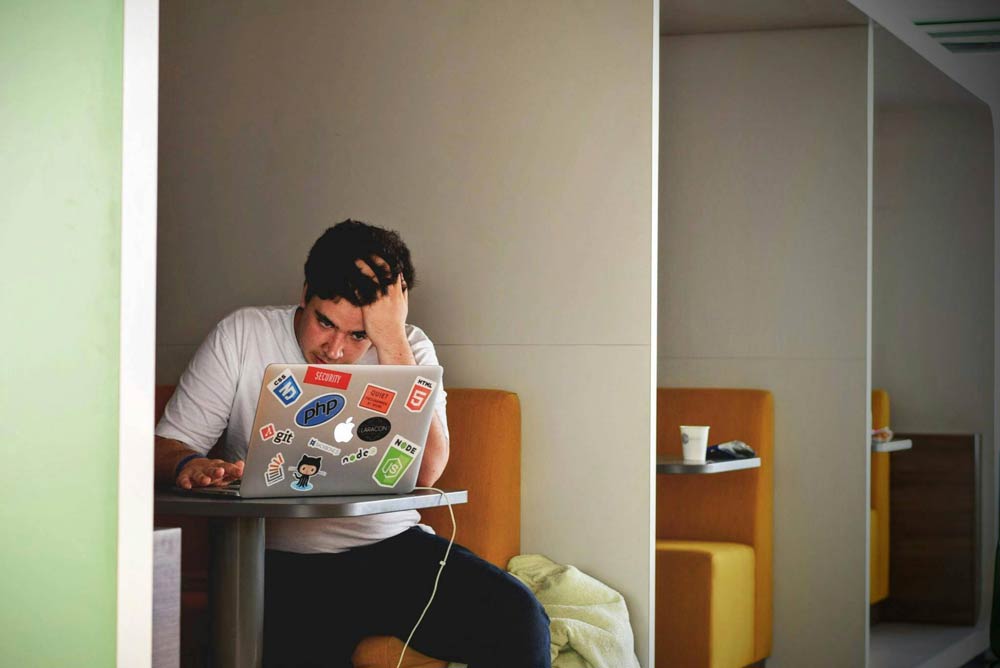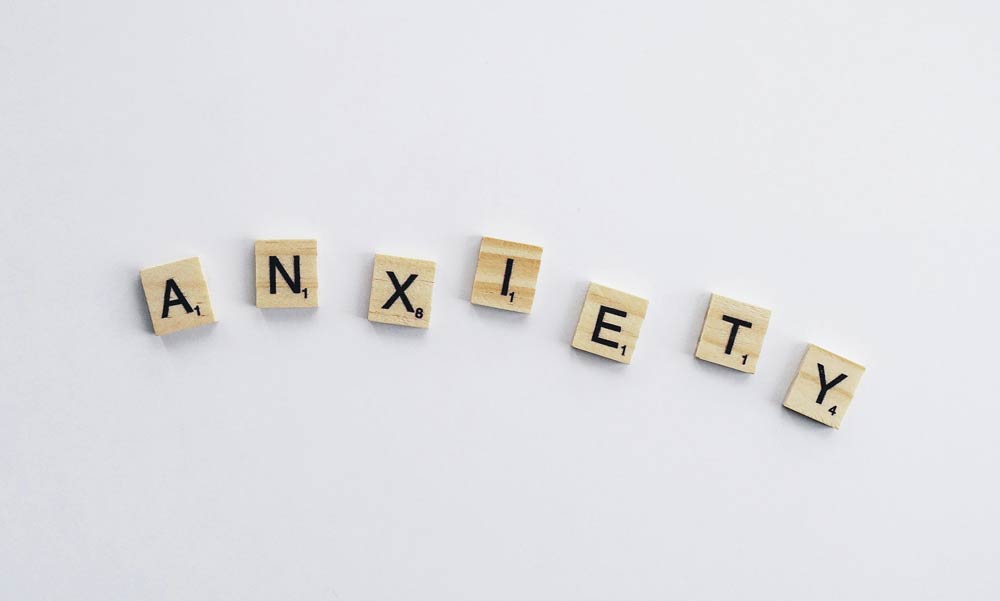Therapy for Anxiety in Los Angeles
Anxiety doesn’t have to get in the way of living the life you want.
Do any of these anxiety symptoms sound familiar?
- “I constantly feel on edge, like something bad is about to happen.”
- “I have trouble sleeping because my mind races with worries.”
- “I often feel overwhelmed by simple tasks or decisions.”
- “I get really nervous in social situations, to the point where I avoid them altogether.”
- “I experience frequent physical symptoms like headaches, stomachaches, or muscle tension, but doctors can’t find anything wrong.”
- “I have this constant sense of impending doom, like I can’t shake off this feeling that something terrible is going to happen.”
- “My heart races and I feel short of breath for no apparent reason.”
- “I find myself overthinking everything, even small details, and it’s exhausting.”
- “I get sudden, intense bursts of fear or panic out of nowhere.”
- “I feel like I’m going crazy because my mind won’t stop racing with worry and fear.”
Anxiety can manifest in physical symptoms such as headaches, muscle tension, fatigue, insomnia, stomachaches, sweating, trembling, dizziness and rapid heartbeat.
Anxiety can interfere with your daily activities, social interactions, and work performance. You may find yourself avoiding certain situations or activities that trigger your anxiety, which can leave you feeling isolated and lonely. In the workplace, anxiety can impair your concentration, decision-making, and productivity abilities.
Anxiety can strain your relationships with family, friends, and romantic partners.
There is a way out of the worry maze. Therapy for anxiety can help.
Here’s some ways therapy can help:
- Improve your mental health by reducing your anxiety symptoms
- Enhance your coping skills by empowering you to face life’s challenges
- Have better physical health by reducing physical symptoms as your anxiety decreases
- Increase your self-awareness and help you gain insight into your thoughts, emotions, and behaviors and how they relate with your anxiety.
- Improve your relationships as your anxiety decreases and you find it easier to engage in social activities and communicate openly with the people in your life
- Enjoy greater enjoyment of life as you rediscover the pleasure in activities you once avoided due to fear or worry.
- Enhance your quality of life, enabling you to live more fully and authentically, and to pursue your goals and dreams without the shackles of excessive fear and worry
Together we can get you there.
- Reducing your anxiety symptoms
- Increasing your coping skills for these symptoms
- Letting go of or decreasing those racing thoughts and worry spirals
- Improving your relationships
- Getting your life back on track
Therapy for anxiety can help you…
- Decrease your worry and fear across all aspects of your life.
- Improve your relationship with your work. You’ll be able to bond better with your co-workers, do your work with more confidence and feel empowered to take more calculated risks.
- Improve your personal relationships. With the unnecessary worry decreased or out of the way, you’re able to strengthen and deepen those bonds.
- Improve your sleep.
- Improve your health.
- Face the challenges head-on that life can serve up and learn to maneuver around those obstacles with greater skill and ease.
It IS possible to break free of anxiety. Let me help you get there.
Eco-anxiety, also known as climate anxiety or environmental anxiety, is psychological distress you may be experiencing due to the environmental crisis and the consequences of climate change. It can include intense feelings of fear, helplessness, grief, or guilt related to environmental degradation, loss of biodiversity, natural disasters, and the perceived lack of action to address these issues.
If you’re experiencing eco-anxiety you may feel overwhelmed by the scale of environmental challenges and the potential consequences for yourself, younger family members and the planet as a whole. This climate anxiety can manifest in various ways, including feelings of helplessness, sadness, anger, guilt, or a sense of existential dread.
Eco-anxiety can feel challenging and overwhelming, but I can help you find purpose in the chaos.
I identify as a climate-aware therapist. A climate-aware therapist, according to the Climate Psychology Alliance-North America, does the following:
- Values that the professional training of the allied mental-health therapy and counseling communities are needed in this fight.
- Commits to delivering the highest-quality mental health services to all clientele—which can include addressing cognitive, affective, personal, societal, and existential repercussions of the climate crisis.
- Responds to clientele in a humane and compassionate manner.
- Acknowledges the complicated nature of the human response to climate crisis, without presuming the presence or absence of climate-related distress.
- Understands how our relationships to nature and living systems, and our interaction with climate science and climate media can be useful tools for integrating and resolving psychological conflicts and stressors.
Treatment can involve techniques to decrease the symptoms of anxiety as well as changes in behavior that can promote a sense of meaning and purpose, such as adopting more sustainable lifestyles or engaging in environmental or political activism.
What is therapy for anxiety?
When is therapy for anxiety needed?
Can you describe your thoughts on medication vs. therapy for managing anxiety?
What is your availability like and how often would we meet?
How much does therapy for anxiety cost?
How long does the therapy for anxiety process take?
your healing journey Today.





